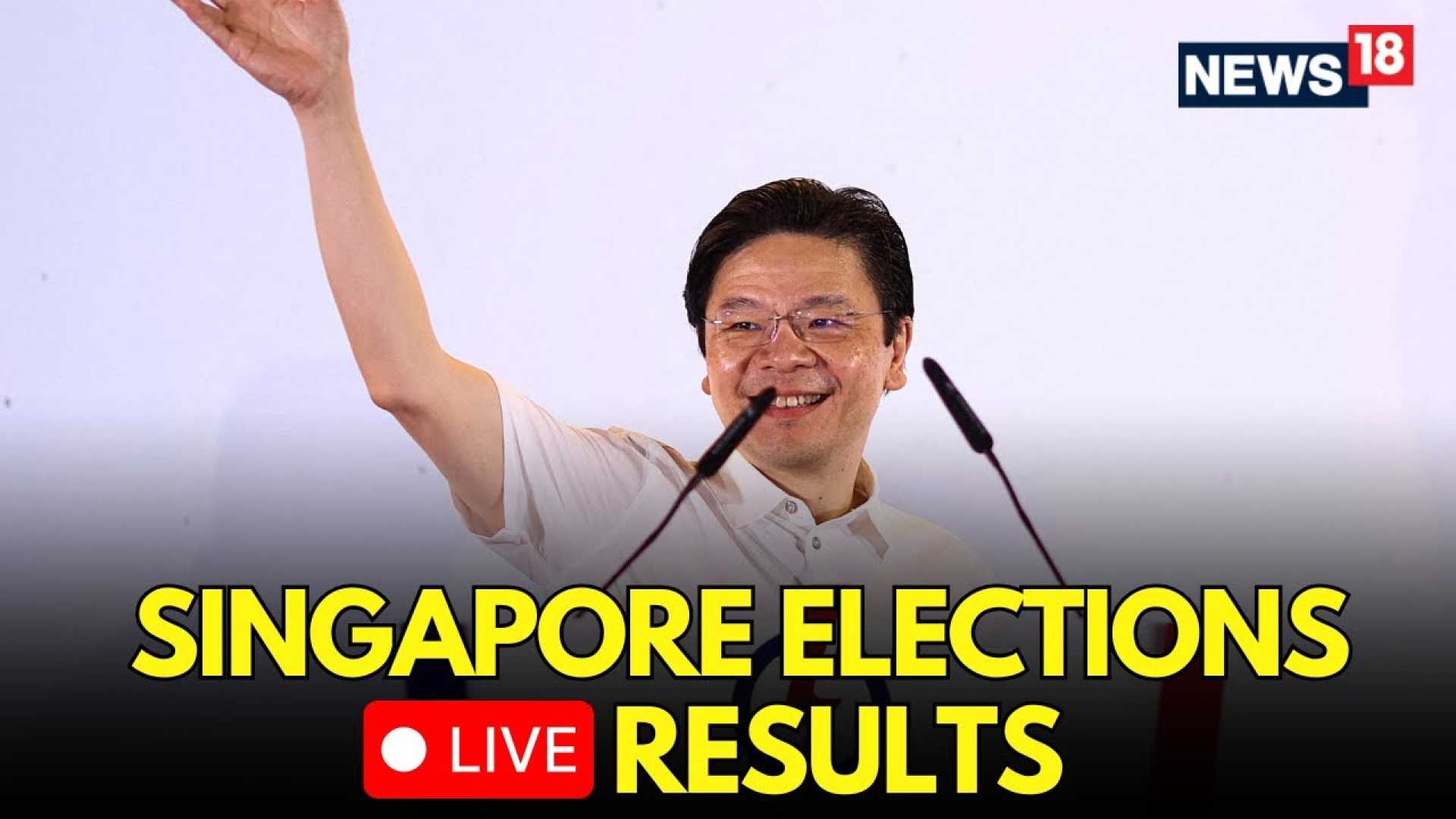Politics
Singapore’s People’s Action Party Wins Landslide Election Victory

SINGAPORE — On May 3, 2025, Singapore’s ruling People’s Action Party (PAP) achieved a decisive victory in the general elections, securing its 14th consecutive win and extending its 66-year rule. The Election Department reported that the PAP won 87 of the 97 parliamentary seats, achieving a popular vote of 65.6%, up from 61.2% in the 2020 elections.
Prime Minister Lawrence Wong, who took office just a year ago, thanked voters for their support. “I am deeply humbled and grateful for the results. The results will put Singapore in a better position to face this turbulent world,” Wong said. He acknowledged the public’s desire for more alternative voices in government but stressed the importance of a strong PAP team to address challenges.
The elections occurred against economic uncertainties, particularly following tariffs imposed by U.S. President Donald Trump that have affected Singapore’s trade-focused economy. Wong indicated that the election outcome would empower his government to implement necessary economic reforms and social support measures.
World leaders, including Indian Prime Minister Narendra Modi, quickly congratulated Wong after the election. Modi expressed eagerness to strengthen the partnership between India and Singapore. Despite the PAP’s overwhelming victory, analysts noted that the opposition Workers' Party (WP) has solidified its role as the main challenger, maintaining its 10 seats amidst rising tensions and economic issues.
Pritam Singh, leader of the Workers’ Party, reflected on the challenges and committed to working for a more balanced Parliament. “The slate is wiped clean; we start work again tomorrow, and we go again,” Singh stated. This election saw a voter turnout of over 2.4 million at 1,240 polling stations.
Wong’s leadership style has resonated with younger voters, and his efforts to renew the PAP with new faces have been credited for their electoral success. This election served as his first significant test as Prime Minister, where he improved the party’s vote share, a feat not accomplished by previous leaders during their first elections.
Despite their successes, the PAP faces growing scrutiny from a vocal electorate concerned about issues like the rising cost of living and restrictions on free speech. Wong acknowledged the need to address these issues, stating, “We have been working on these issues, and I assure you, we will redouble our efforts in the coming term.” As the PAP continues its long-standing rule, upcoming months will be essential in balancing stability with increasing demands for political accountability.












